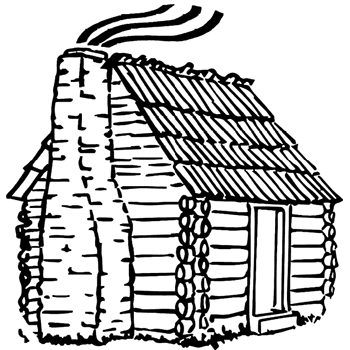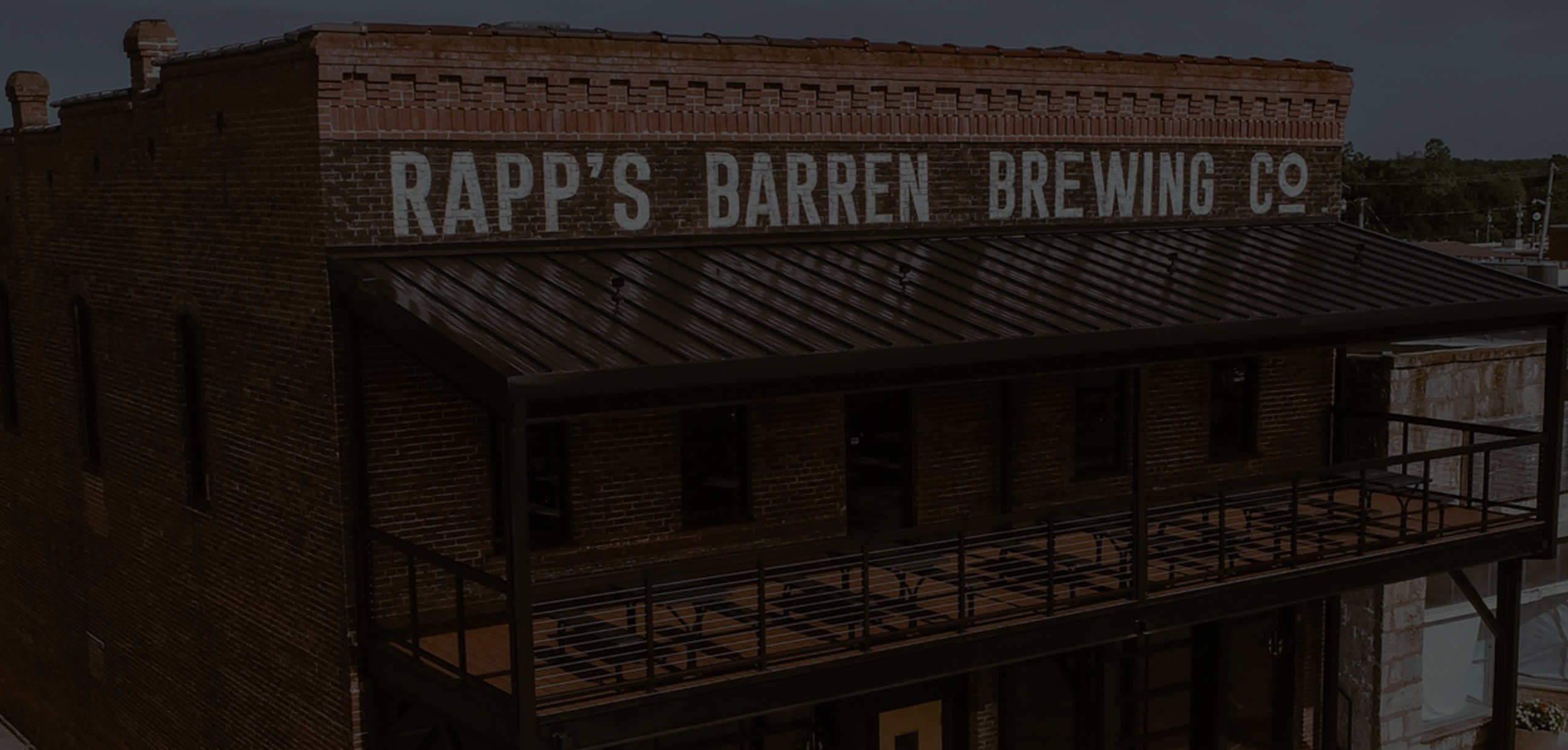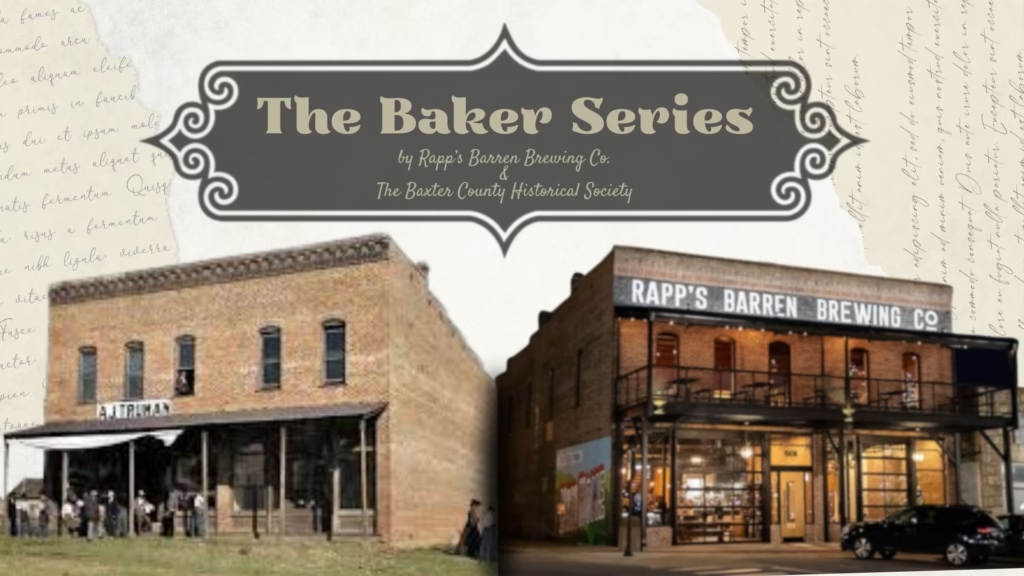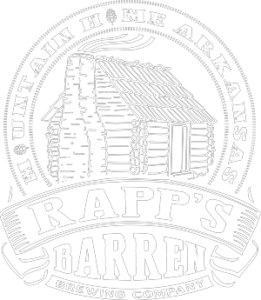A Community Built on Gathering
Every community carries traditions — some proudly celebrated, some tucked quietly into memory. Mountain Home is a place shaped by both. Our history lives in the stories told on porches, in family kitchens, in the courthouse square, and in the old brick buildings that still stand watch over the town.
As we continue the Baker Series, we turn our focus to one of the most enduring legacies in Mountain Home’s past: the tradition of gathering, sharing, and feeding one another. Long before breweries, storefronts, or pavement circled the square, food was the thread that tied this place together.
A Picnic Tradition Begins
The early 1900s were a time of growth and grit in Baxter County. In 1902, the town launched what would become a beloved annual tradition: the Mountain Home Picnic. Held on the first Friday and Saturday of August, the event quickly became a cornerstone of community life.
Families packed baskets full of homemade food, fresh bread, garden vegetables, and desserts wrapped in cloth. They traveled into town from every ridge and valley — on horseback, muleback, in wagons, buggies, and the occasional automobile.
Once they reached the courthouse square, they spread blankets beneath the August sun and spent two full days visiting, eating, listening to music, and celebrating their shared home. For many, it was the highlight of the year. Some even camped overnight to avoid missing a moment.
These gatherings weren’t small. Records show that around 3,000 people attended in a typical year — an astonishing number for the time. But Mountain Home wasn’t finished building its legacy of community tables.
1914: The Thanksgiving Barbecue That Became Legend
In 1914, the town took its tradition of gathering to a new level.
That year, Mountain Home hosted a massive Thanksgiving Barbecue to support a vital cause: raising awareness and funding for a new railroad. This railroad promised to connect isolated Ozark communities to broader trade and travel — and the people of Mountain Home understood its importance.
The event drew an estimated 3,000 people, not only from Baxter County but from adjoining counties as well. Crowds traveled from Gainesville in six automobiles escorted by local officials and a brass band. Others came by horseback, muleback, wagon, buggy, and on foot — forming a line of travelers that stretched from Pink Smith Mountain all the way to the square.
What awaited them was extraordinary.
A Feast for the Ages
Every bit of the meal was donated by local families:
- 2 beeves
- 9 sheep
- 90 chickens
- 1 barrel of pickles
- 1,000 loaves of bread
- Several hundred gallons of coffee
An 800-foot table circled the square, loaded end to end with food raised, baked, or brought straight from the community’s own pantries and farms.
Children darted between wagon wheels. Old friends reunited. Strangers became neighbors over shared plates. And as speeches rose above the crowd and the band played, a message echoed loudly:
When Mountain Home gathers, Mountain Home takes care of its own.
A Tradition That Never Fully Left
Though the original picnics eventually came to an end, the spirit behind them never disappeared. Mountain Home has always been a place where neighbors show up — with casseroles, with care, with resources, with heart.
And today, as some in our community face food insecurity due to recent events, that legacy continues.
Local businesses, churches, nonprofits, and volunteers are working every day to support one another through:
- Food pantries
- Food drives
- Warming shelters
- Meal programs
- Free community resources
These efforts echo the same generosity that once filled an 800-foot table around the square.
Carrying the Legacy Forward
As we settle into the holiday season, we invite this community to remember the tradition that shaped us.
Remember your neighbor.
Share what you can.
Love one another as our ancestors did.
This is what makes Mountain Home special.
This is what built the long table.
And it’s a tradition we can continue right here in our own gathering spaces — today, tomorrow, and for generations to come.
The Baker Series exists in that same spirit: honoring the past, celebrating the present, and sharing stories that remind us who we are and what we can build together.
Acknowledgments
A heartfelt thank you to Vincent Anderson and David Benedict of the Baxter County Historical & Genealogical Society for their dedication to preserving the stories that shape the Baker District, the Mountain Home Square, and the Ozarks beyond.




